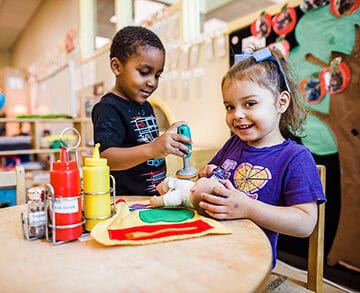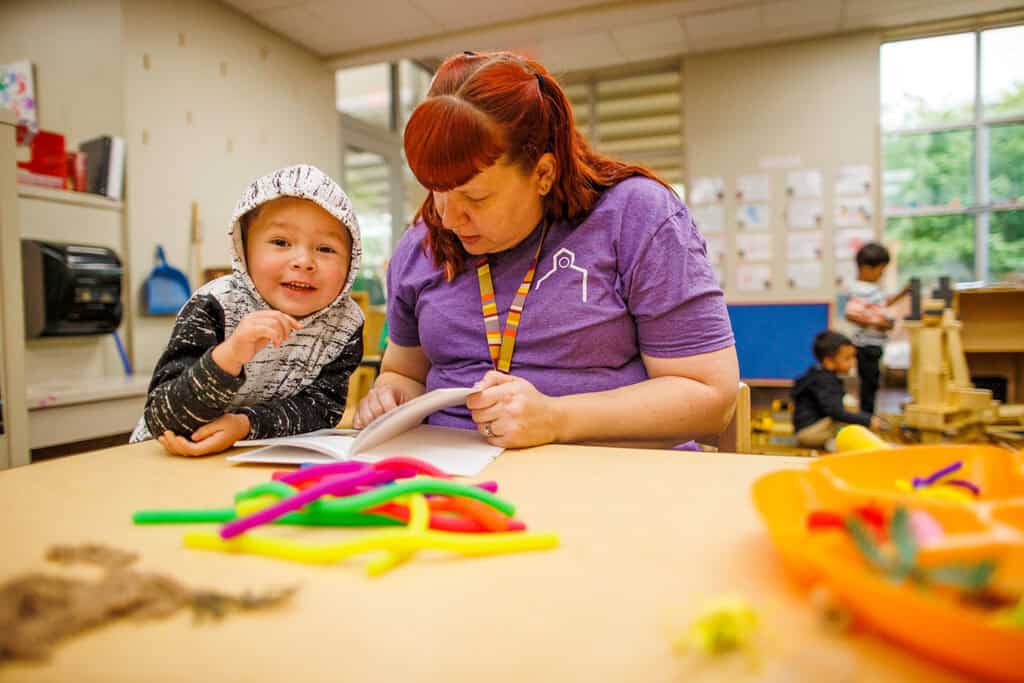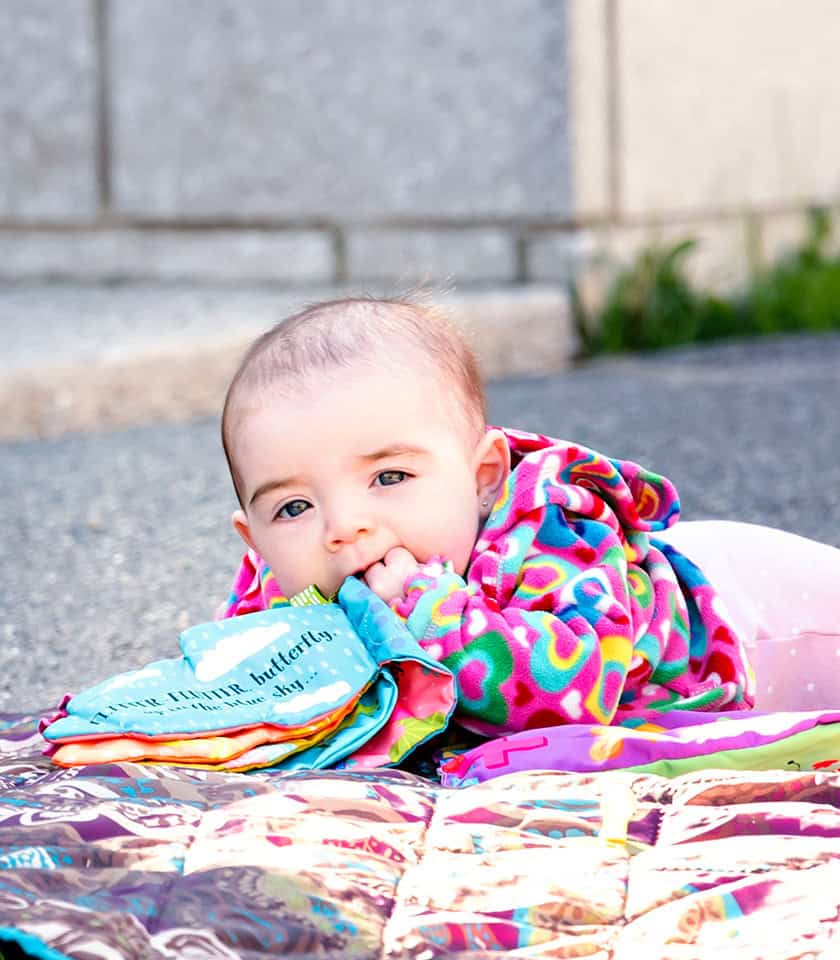Educare Research Agenda
Launched in 2023, Educare’s new research agenda guides our collective inquiry to interrogate policies and systems, resulting in transformative learnings for the field and advancing greater equity in access and opportunities.
This agenda strives to advance racial equity by asking and answering questions to better understand, engage and support children, families and ECE leaders & staff of color – including Black, Hispanic/Latine, Asian, American Indian or Alaskan Native and others who have been marginalized (immigrants, refugees) – in ways that center their voices, amplify their strengths, and lead to actionable information for practice, program and policy change.
Additional links:
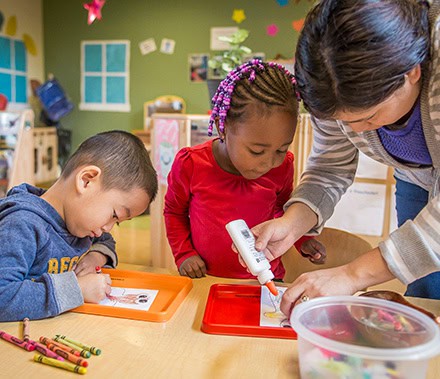

Dig into research evidence from the Network with the Educare insights series.
Educare Follow-Up Studies
About the Follow-up Studies
Our follow-up studies allow the Network to test our hypothesis: that children who attend Educare schools achieve greater success in their academic pursuits and in life than other comparable children who do not attend Educare schools. Three locally driven follow-up studies have tracked the progress of Educare children and families as the children move into elementary and middle schools. Educare schools apply the results of the follow-up studies to design program improvements that better help children develop school readiness skills.
Educare Chicago Follow-Up Study
Since 2005, researchers have been following Educare Chicago students into elementary and middle school to gauge the progress these students make as they transition from a high-quality Educare school into the K-12 system.
Results:
- Educare children transition to kindergarten with the skills necessary for them to learn and thrive
- Direct assessments of children at the end of third grade reveal no fade-out (or diminishing) of their social-emotional or concept-development skills
- Educare effectively engages parents in supporting their children’s development, learning and academic readiness, and provides parents with opportunities to further build their capacities in this area
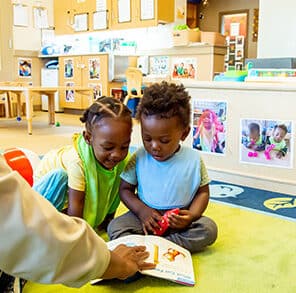
Educare Omaha Follow-Up Study
The Educare Omaha follow-up study evaluates the long-term impact of participation in Educare by analyzing the progress of Educare alumni in third through seventh grades. Educare Omaha researchers are analyzing the students’ performance on state standardized reading, writing and math assessments, beginning with data from the 2010-2011 school year onward.
Results:
- A small sample of students who attended Educare for at least 2 years had significantly higher average state reading and math assessment scores in elementary school compared to other students in the same school district and grade levels
- Among children who attended Educare for 1-2 years, the average reading score approached proficiency
Educare Tulsa Follow-Up Study
Conducted over 2011-2012, the Educare Tulsa follow-up study followed children who completed their preschool year at Educare Tulsa Kendall-Whittier and transitioned into their kindergarten year in Tulsa Public Schools. Researchers assessed them in the spring of their kindergarten year on measures of vocabulary, school readiness, letter and word identification, applied problems and social skills. The researchers also conducted teacher and parent surveys and collected special education and retention data.
Results:
- There were different patterns of achievement between English- and Spanish-speaking students
- There were differences between English- and Spanish-speaking parents’ involvement in school and home activities
- On average, families were more involved while their children attended Educare than they were during their children’s kindergarten year
- Findings are being used to develop parent engagement strategies to enhance K-12 participation and home activity levels of Educare alumni parents
